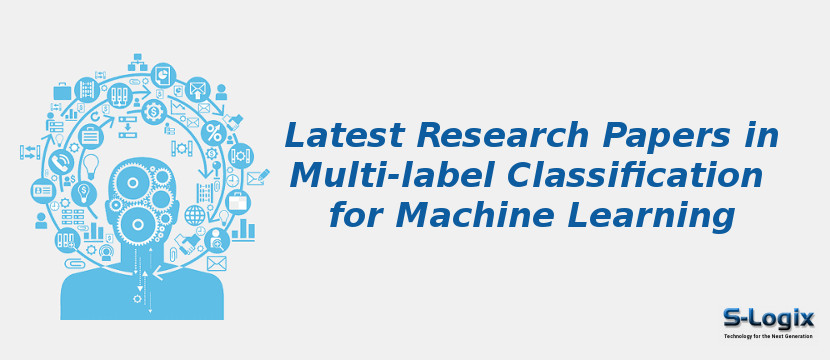Multi-label classification for machine learning is a specialized research area that deals with problems where each instance may belong to multiple classes simultaneously, unlike traditional single-label classification. Research papers in this domain investigate algorithms and frameworks for applications such as text categorization, medical diagnosis, image annotation, bioinformatics, IoT data analysis, and recommender systems. Key contributions include problem transformation methods (binary relevance, classifier chains, label powerset), algorithm adaptation methods (k-nearest neighbors, decision trees, SVM, and neural networks), and advanced ensemble and deep learning models such as CNNs, RNNs, and attention-based transformers. Recent studies also address challenges such as label imbalance, label dependency modeling, high-dimensional feature spaces, and scalability for large datasets. Hybrid approaches that combine statistical, optimization, and deep learning methods are also explored to enhance accuracy and efficiency. By leveraging multi-label classification, research in this area aims to create intelligent, flexible, and real-world-ready solutions for complex decision-making tasks.
